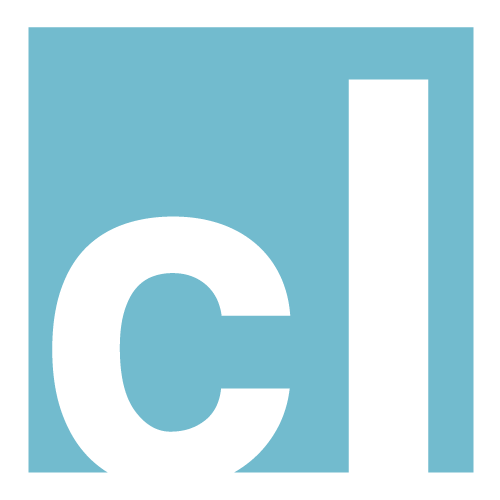Exciting Announcement: Publication in the Revista de Gestão Social e Ambiental
I am thrilled to share our latest publication in the esteemed Revista de Gestão Social e Ambiental. The paper, titled « Collaborative Co-Design: Transforming Traditional Professional Development,» is a collaborative effort with distinguished colleague Dr. James Lipuma. It’s an honor to be a part of this paper (León & Lipuma, 2024).
Paper Abstract:
Objective: The primary aim of this project was to develop the «Online Professional Learning Exchange» (OPLE), a platform designed to support blended learning and facilitate a shift towards a Community of Practice (CoP) model. By integrating face-to-face, blended, and fully online learning situations, this move was intended to enhance the accessibility and effectiveness of professional development.
Theoretical Framework: The project was grounded in theories of adult learning and community of practice. It utilized these frameworks to foster an environment where educators could collaboratively design and engage with learning materials. This approach aimed to promote sustained professional growth and mastery of teaching concepts.
Method: The development of the OPLE involved a systematic review of the literature on professional learning and training methods, followed by the creation of blended learning modules that included videos, written materials, polls, and discussions. This method facilitated varied instructional approaches to cater to different learning styles and needs.
Results and Discussion: The OPLE successfully enabled educators to master relevant educational concepts more efficiently and effectively. The analysis revealed that this integrated approach supported individual learning needs and encouraged active participation in a broader professional community.
Research Implications: The findings from this project underscore the potential of collaborative co-design in professional development, particularly in enhancing the adaptability and engagement of PD programs. This model presents a viable blueprint for other educational systems looking to modernize their professional development approaches.
Originality/Value: This research contributes to the field by demonstrating how transitioning from traditional expert-led training to a community-based, co-design approach can significantly improve the relevance and impact of professional development. The OPLE model highlights the value of integrating technology with collaborative learning frameworks to foster ongoing professional engagement and improvement.
Presented at Academia Journals
Congreso Internacional de Investigación Academia Journals Hidalgo 2021 (León & Lipuma, 2021b)
Trabajos de Investigación en la Educación Superior – Hidalgo 2021 (León & Lipuma, 2021a)
Read Our Paper
You can access our paper in the Revista de Gestão Social e Ambiental, Vol. 18, No. 10, pp. 1-16 [e06461-e06461], 2024. Read here
Acknowledgments
The authors acknowledge significant funding from the New Jersey Department of Education and seed funding from Roche for our efforts. New Jersey Department of Education (NJDOE) Document ID # 324-201-50025
Disclosure statement
No conflict of interest pertains to the research presented above.
ORCID
Cristo Leon https://orcid.org/0000-0002-0930-0179
James Lipuma https://orcid.org/0000-0002-9778-3843
Copyright
2024. Creative Commons Attribution 4.0 International License.
Sources
León, C., & Lipuma, J. (2021a). Transforming Traditional Professional Development into Blended Learning Communities [eBook section. Chapter 142]. En R. Moras (Ed.), Trabajos de Investigación en la Educación Superior—Hidalgo 2021 (CLDM_Ds; 1.a ed., Vol. 13, pp. 2062-2067). Academia Journals; /Research/Collaboration & Convergence.
León, C., & Lipuma, J. M. (2021b). Transforming Traditional Professional Development into Blended Learning Communities [Non-peer-reviewed journal]. Congreso Internacional de Investigación Academia Journals Hidalgo 2021, 13(9), 2062-2067. /Research/Collaboration & Convergence.
Citation
When citing this paper, use this format:
León, C., & Lipuma, J. (2024). Collaborative Co-Design: Transforming Traditional Professional Development. Revista de Gestão Social e Ambiental, 18(10), e06461-e06461. https://doi.org/10.24857/rgsa.v18n10-089

